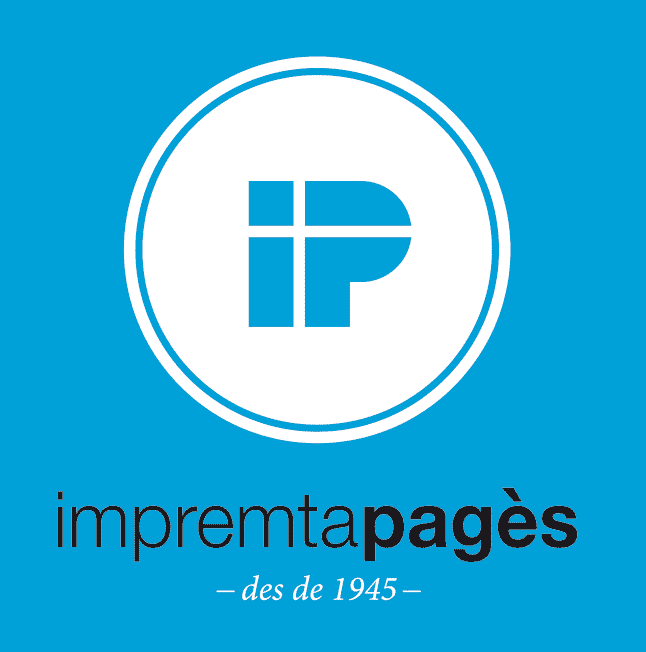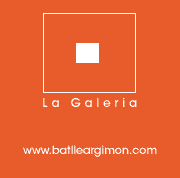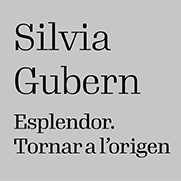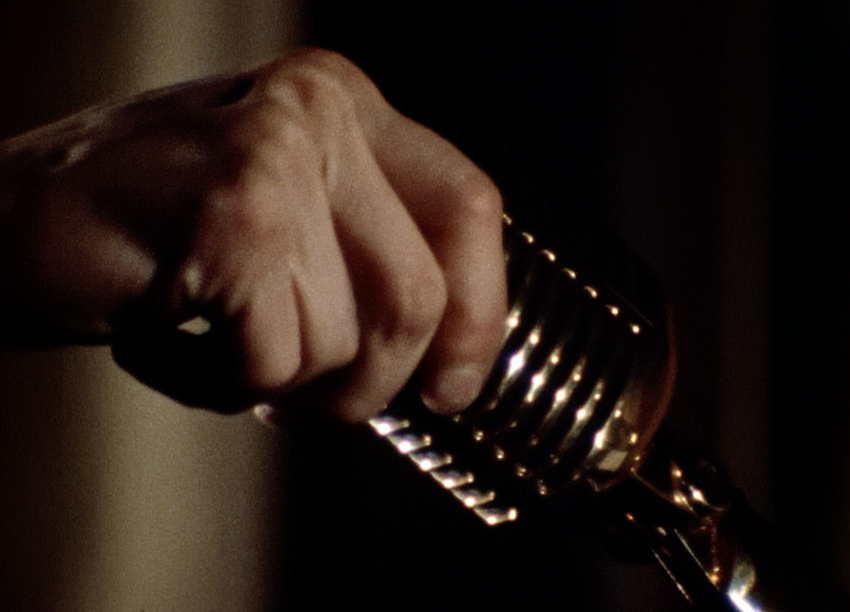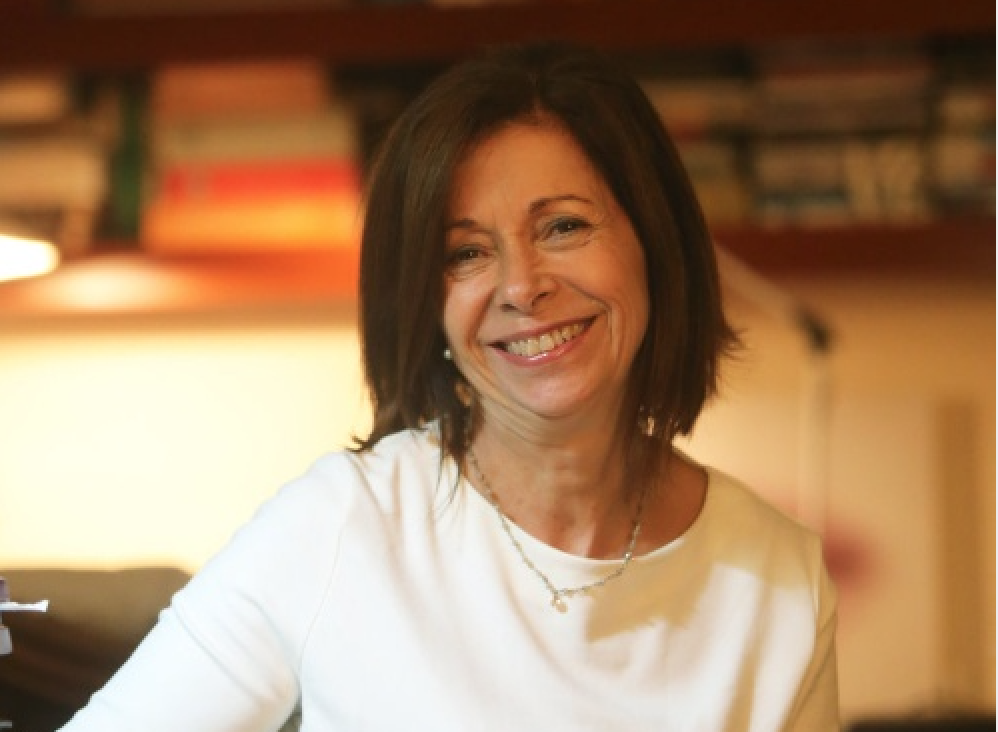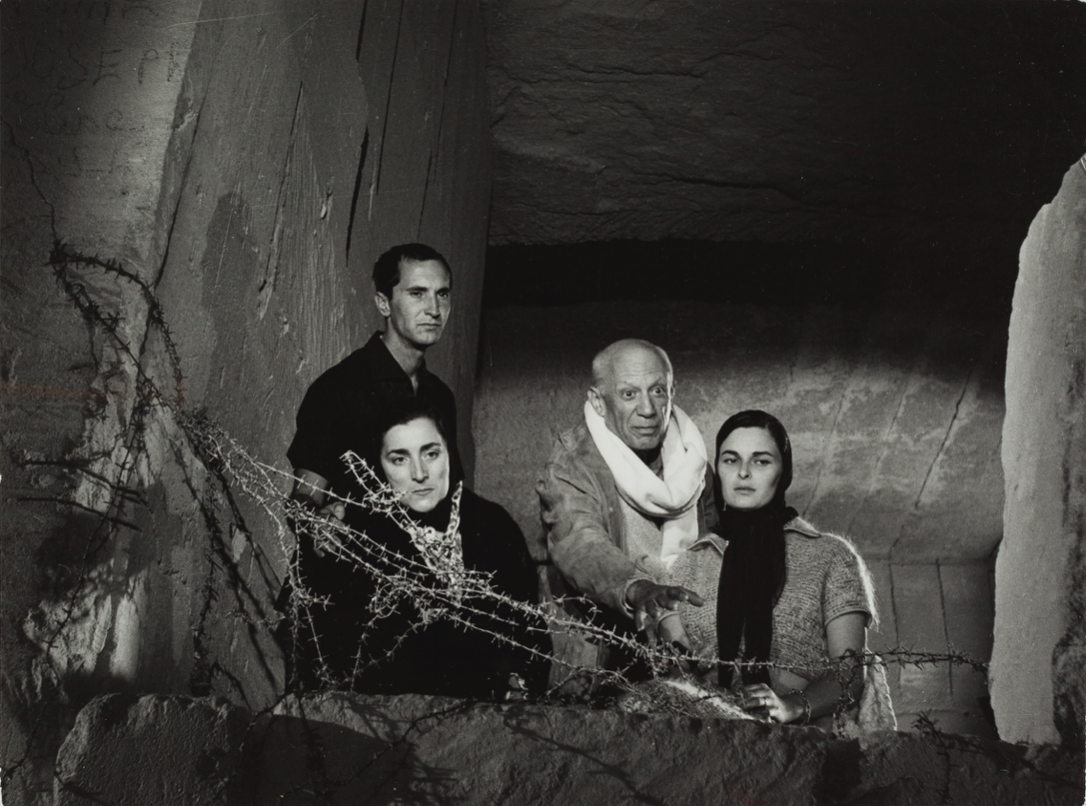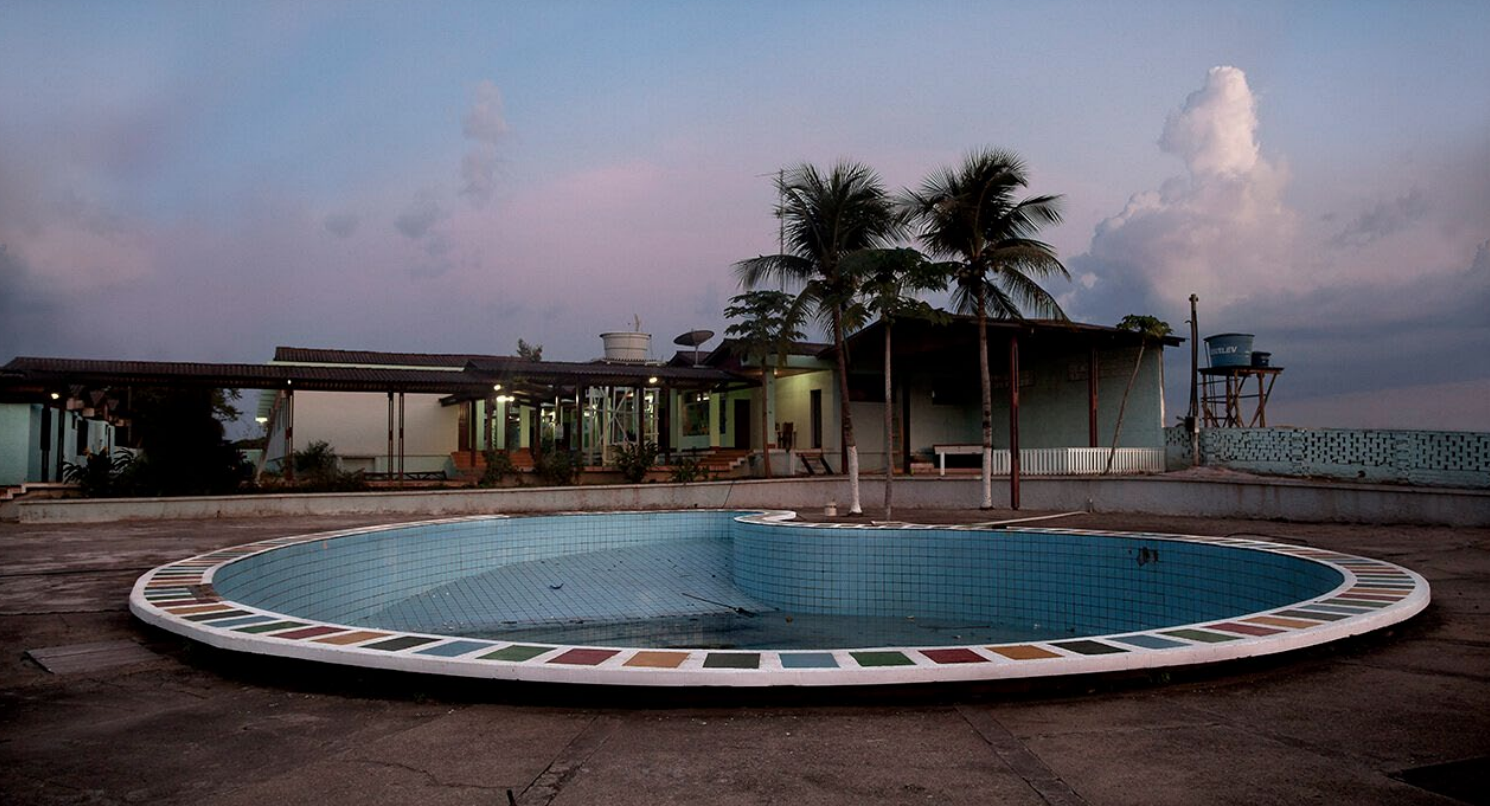Exhibitions
"Poesia Brossa" at the University Museum of Contemporary Art (MUAC)

The University of Contemporary Art Museum (MUAC) of Mexico City exhibits, in collaboration with the Museum of Contemporary Art of Barcelona (MACBA), Poesia Brossa until March 27. The exhibition, curated by Teresa Grandas and Pedro G. Romero, reviews the work of Joan Brossa through her books and visual arts, which cross theater, film, music and the performing arts, gestures of which she was a pioneer. .
Poesia Brossa begins at the moment when the features of Joan Brossa's poetry are forged and defined, with his first writings dating back to the Spanish Civil War. The exhibition includes aspects of Brossa's work, such as the critique of merchandise, the poetic concept of language, anti-poetry and transformism, as well as gestures and political actions. The sample is structured in four cores. The first, Yes, made me Joan Brossa, picks up some of his most prominent influences, the time of the Spanish Civil War in which he participated from the Republican side, when he wrote his first text, as well as his initial experiments and the hypnagogic drift that was articulated through the Dau al Set group. It also shows his materialistic turn akin to the informalist displacement of Antoni Tàpies or the influence of Joâo Cabra de Melo, among other aspects. The second, Other Itineraries, reviews Brossa's poetry through transformism and languages not considered conventionally artistic, but which Brossa includes in his personal grammar, such as streaptease and magic, among others. These elements are the backbone of the political entity of labor. The third, Image Games, presents a wide selection of Suites (1959-1969) and Living Poems (1970), in which Brossa incorporates elements in the form of games or dialogues with the page that result in a vast poetic language based on minimal interventions that shapes his experimental practice, his poetry. The last section, A visual recapitulation, presents a reenactment of an exhibition design inspired by three exhibitions held between 1988 and 1989 in three galleries (Mosel & Tschechow in Munich, Joan Prats in Barcelona and La Màquina Espanyola in Madrid). The turn towards the object determines an economy of the image, of the artistic practice and of its own position like artist.
Brossa's work is always at the crossroads of languages. Poetry adds actions, images and objects. In this sense, the exhibition is a review of his work based on three qualities: orality, the performative and antipoetry. “Magic, fundamental in all of Brossa's work, disturbs the interpretation of what is real and apparent in things. This magic occurs as the inclusion, in theatrical language, of an element from popular culture that focuses on discovering the naked body, when nudity is forbidden by obscene. Brossa contradicts the established fascist order and Catholic morality in Spain during the Franco dictatorship, but there is also a gesture of disobedience to the language of striptease, as the goal is not so much the naked body but the game. of ‘exposing’ again what is about to appear, in a kind of conjuring. Brossa understands cabaret as an anti-rhetorical expression, as an action ", says Teresa Grandas.
In 2011, the Museum of Contemporary Art of Barcelona received a deposit from the Joan Brossa Foundation Fund, which includes the legacy of this artist. The collection includes manuscripts, documents, correspondence and his personal library, among other materials, and is an unparalleled tool for tackling the very interesting work of this artist.
Poesia Brossa is organized by the Barcelona Museum of Contemporary Art (MACBA), in collaboration with Artium, Vitoria, the National Museum of Fine Arts (MNBA), the Kirchner Cultural Center (CCK), Buenos Aires, and the University Museum Contemporary Art (MUAC), UNAM, Mexico City. In collaboration with the Department of Culture of the Generalitat de Catalunya, the Government of Spain and the Spanish Cultural Action, the Institut Ramon Llull, the Spanish Cultural Center in Mexico, the DGECI (UNAM) and the Bank Sabadell and in collaboration with the Joan Brossa Foundation.


